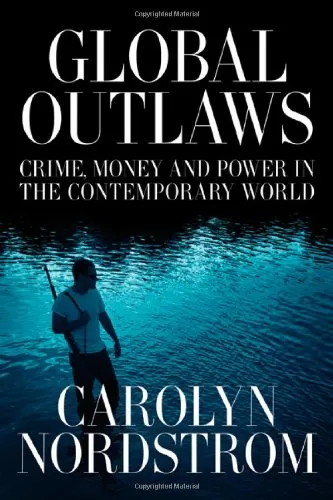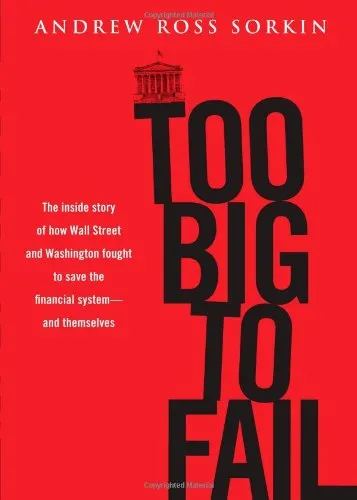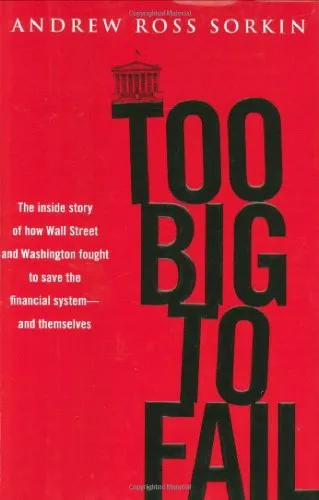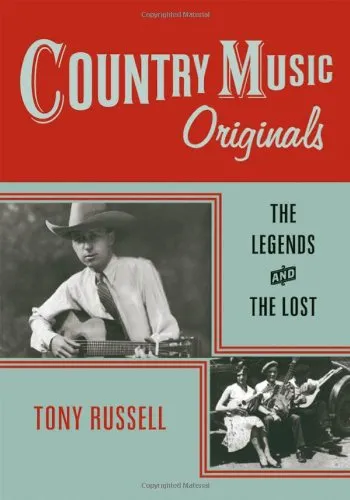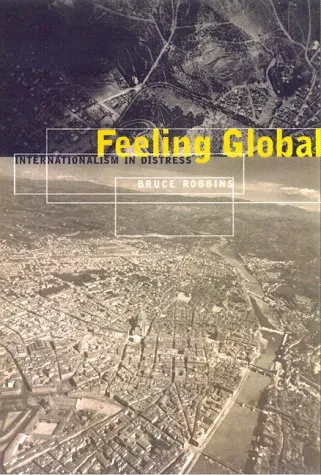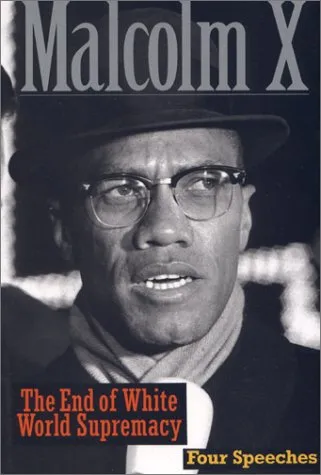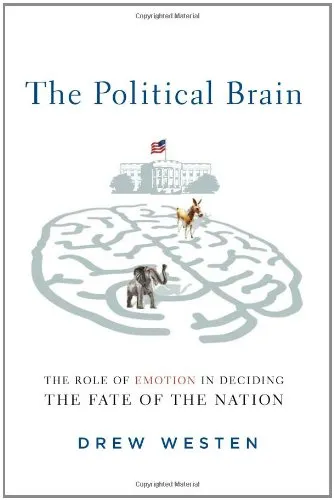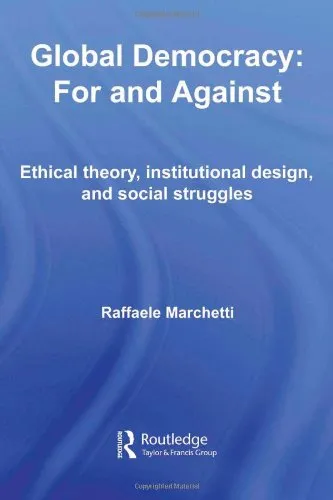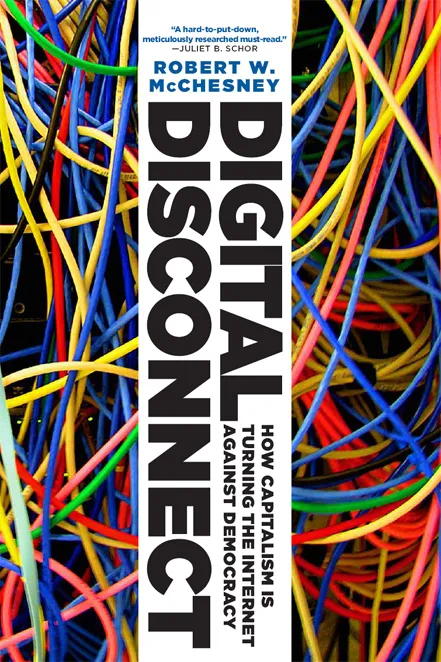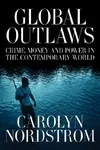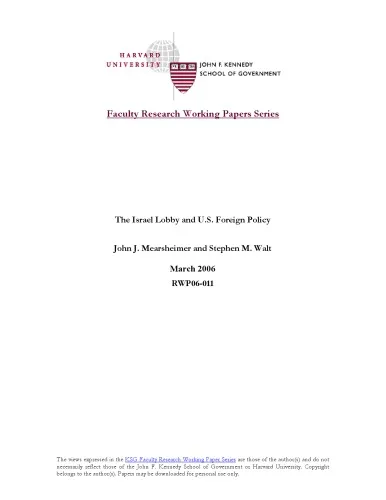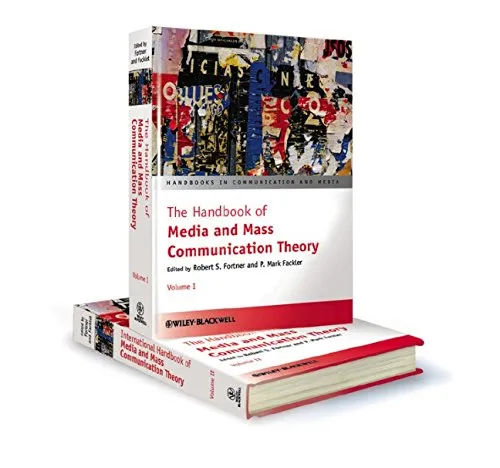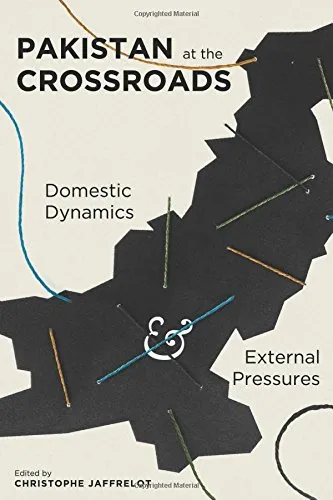Global Outlaws: Crime, Money, and Power in the Contemporary World (California Series in Public Anthropology)
4.0
Reviews from our users

You Can Ask your questions from this book's AI after Login
Each download or ask from book AI costs 2 points. To earn more free points, please visit the Points Guide Page and complete some valuable actions.Related Refrences:
Introduction
"Global Outlaws: Crime, Money, and Power in the Contemporary World" by Carolyn Nordstrom is an eye-opening exploration into the hidden worlds of transnational crime, illicit economies, and the unprecedented power that operates on the fringes of legality. This book, which belongs to the esteemed California Series in Public Anthropology, delves deep into the underbellies of globalization, exposing the interconnected systems that govern black markets, money laundering, and the lives of everyday people impacted by these networks. Through meticulous research and compelling storytelling, Nordstrom takes readers on an unforgettable journey that spans continents, connecting the dots between local actions and global consequences.
Far from a dry academic analysis, this book blends ethnographic insight with powerful narratives to shed light on a world that is often invisible yet profoundly influential. By examining the flows of unregulated capital, illicit goods, and dark power structures, Nordstrom challenges readers to rethink their understanding of how the global economy truly operates. In a world dominated by legality, the "outlaw" networks she documents reveal how flexible, adaptable, and pervasive shadow industries have become. From villages in warzones to the financial capitals of the world, Global Outlaws unveils the hidden systems that influence nations and shape the lives of billions.
Detailed Summary of the Book
The central premise of "Global Outlaws" is that the global economy cannot be fully understood without considering the informal and illicit networks that exist alongside legal systems. Carolyn Nordstrom begins by examining the underbelly of globalization, drawing from her ethnographic fieldwork in war zones, urban centers, and rural regions to illustrate how illicit economies sustain communities and individuals while undermining official regulations.
The narrative traverses multiple layers of criminal economies: from small-scale smuggling operations that thrive in war-stricken regions to massive transnational money-laundering schemes that allow illicit profits to flow undetected into the legal financial world. Nordstrom breaks down these shadow markets into comprehensible networks, describing how goods, cash, and power flow through channels that are unregulated by the law but highly regulated by social and economic dynamics.
The book also tackles the moral ambiguities surrounding these networks. Nordstrom paints a complex picture of how these underground markets offer both lifelines for communities in desperate situations and fuel for corrupt elites. She dissects these contradictions, showing how illicit economies often enable survival even as they erode social trust and perpetuate inequality.
Through vivid case studies, including stories of smugglers, war profiteers, and corporate actors, Nordstrom demonstrates that crime and legality are not always clear-cut categories. Instead, they exist on a spectrum, blurring the lines between what is considered legitimate and what is deemed outlawed. Ultimately, the work challenges our perceptions of borders, commerce, and morality in a globalized world.
Key Takeaways
- The informal and illicit economies account for a significant portion of global trade, rivaling formal economies in scale and influence.
- Illicit economies are not confined to traditional "criminal" actors but often involve legal institutions, corporations, and governments.
- Smuggling, black market trade, and unregulated financial systems provide vital lifelines to marginalized communities but also perpetuate systems of exploitation and corruption.
- The boundaries between legal and illegal activities are fluid and can shift depending on social, political, and economic conditions.
- Understanding the full scope of global economics requires integrating the study of illicit networks alongside formal economic analysis.
Famous Quotes from the Book
Carolyn Nordstrom is known for her thoughtful and profound insights, and this book is no exception. Some of the standout quotes include:
"The global economy is not a monolith. It is a constantly evolving nexus of legality, illegality, morality, and profit."
"War zones and illicit marketplaces share a single truth: survival is never guaranteed, but ingenuity often is."
"The law draws a line, but life refuses to stay within the boundaries."
Why This Book Matters
"Global Outlaws" is not just an academic work—it is a call to rethink the structures and systems that dominate the contemporary world. In illuminating the hidden networks of power, money, and crime, Nordstrom offers readers a fresh perspective on globalization itself. This is a critical book for understanding the complexities of international trade, finance, and development in an era where transparency and accountability are increasingly under threat.
Its significance lies in bridging anthropology, political science, and economics to produce a compelling analysis of the human condition in a globalized world. Whether you are a scholar, policymaker, or someone merely curious about understanding the hidden drivers of the world economy, this book offers invaluable insights.
In a world increasingly shaped by interconnected systems, Global Outlaws serves as a reminder that the boundaries between legality and illegality, morality and survival, are seldom as clear-cut as we might think. It compels us to question the systems we take for granted and to consider the costs—and benefits—of the shadow economies that thrive in their wake.
Free Direct Download
You Can Download this book after Login
Accessing books through legal platforms and public libraries not only supports the rights of authors and publishers but also contributes to the sustainability of reading culture. Before downloading, please take a moment to consider these options.
Find this book on other platforms:
WorldCat helps you find books in libraries worldwide.
See ratings, reviews, and discussions on Goodreads.
Find and buy rare or used books on AbeBooks.
1407
بازدید4.0
امتیاز0
نظر98%
رضایتReviews:
4.0
Based on 0 users review
Questions & Answers
Ask questions about this book or help others by answering
No questions yet. Be the first to ask!
